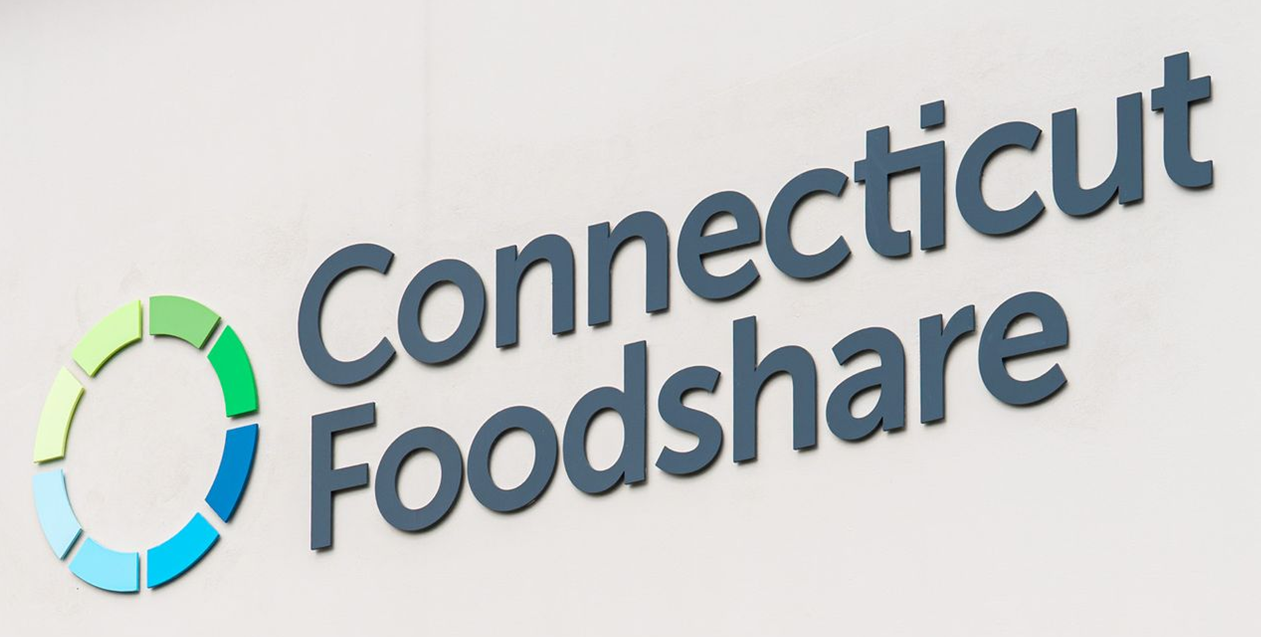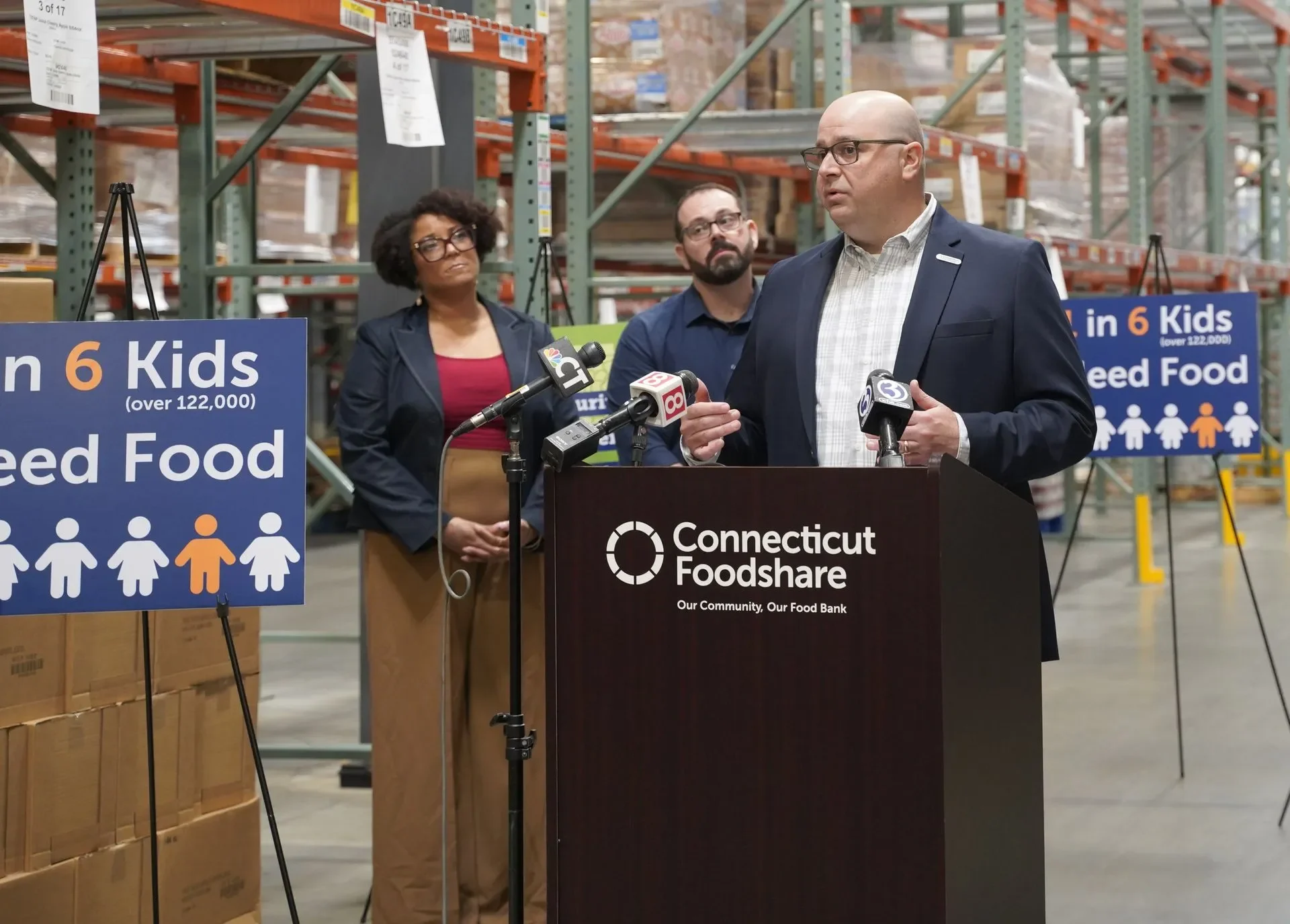Connecticut Foodshare, Buffeted by Federal Cutbacks on Essential Food and Relevant Data, Resolves to Intensify Efforts
/It is a particularly challenging time for Connecticut Foodshare, and efforts have intensified to meet the moment that refuses to abate.
As the government shutdown continues, Connecticut Foodshare has indicated that the organization is preparing to take emergency action “to ensure our community has access to the food it needs,” officials point out.
Connecticut Foodshare’s Board of Directors has authorized $1 million from its capital reserves to support this emergency response. These funds would be used to support additional food distributions for affected federal employees as well as “increased food for our network of over 600 agency partners and programs that provide food across the state.”
Though Supplemental Nutrition Assistance Program (SNAP) and Women, Infants, and Children (WIC) benefits have not been impacted for the month of October, according to officials, a prolonged government shutdown “could jeopardize future funding, raising serious concerns for more than 400,000 residents.”
Connecticut has 18,000 federal employees and “we remain committed to ensuring our neighbors have the support needed during this difficult time. However, we cannot do this work alone. We continue to rely on the generosity of our community to help sustain this critical work.”
Connecticut Foodshare is the food bank serving the people of Connecticut and a partner food bank of Feeding America’s nationwide network. In Connecticut, more than 516,000 or 1 in 7 people are food insecure. That includes more than 122,000 or 1 in 6 children. Connecticut Foodshare distributes food to 480+ agency partners (food pantries, community kitchens, shelters) and more than 100 mobile food pantry locations.
Connecticut Foodshare has also expressed concern about the U.S. Department of Agriculture’s (USDA’s) decision to end the Household Food Security Reports, which consistently tracked food insecurity data for 30 years in the United States. These reports, they explain, “provide critical insight into the scope and severity of food insecurity, helping policymakers, advocates, and food banks like ours better understand and respond to the needs of our neighbors.”
“While this decision is a major blow to tracking food insecurity data nationally, Connecticut Foodshare remains committed to collecting and publishing as much data as possible about the state of hunger in Connecticut.”
Earlier this year, Connecticut Foodshare President and CEO Jason Jakubowski pointed out that “this is the sobering paradox that is Connecticut: we are the richest state in the country; but astronomical increase in the cost of food, housing, and healthcare means more children, senior citizens, and families are relying on food assistance to make ends meet.”
“Unfortunately, he added, “we are expecting more cuts to safety net programs that directly and indirectly affect food insecurity. This is not the time to scale back essential programs that help families stay afloat.”
































